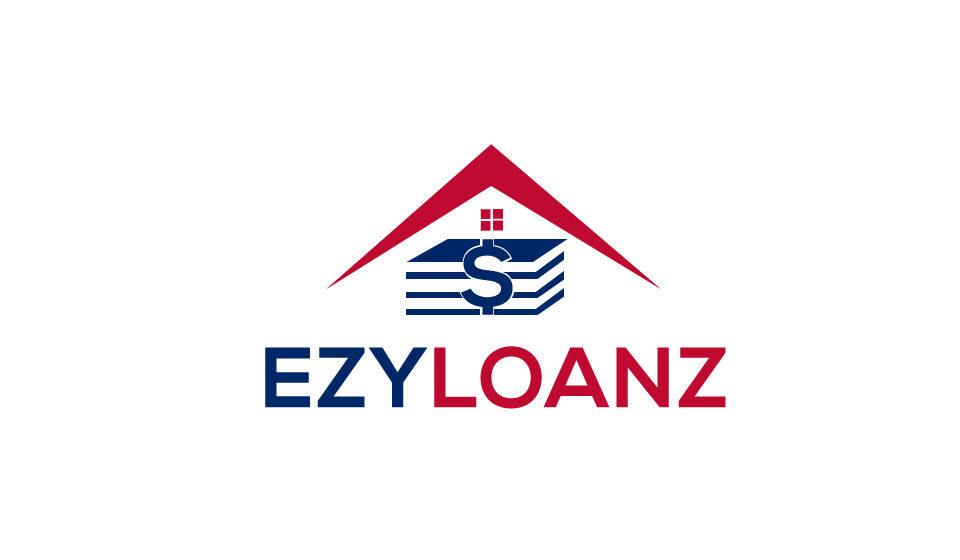For retirees, especially individuals aged 62 and above, managing expenses can be a daunting task. With increased costs such as medical needs with little to no inflow of funds, it is crucial to have an emergency fund to tide over financial exigencies. Fortunately, seniors have various options available to improve their cash flow, one of which is a reverse mortgage loan. This loan allows individuals to obtain financial support for home repairs and other expenses, enabling them to live an independent life without having to borrow money from others.
What is a Reverse Mortgage Loan?
It is essential to understand that a Reverse Mortgage Loan is different from a regular mortgage. With a reverse mortgage, you do not need to make monthly payments with interest rates. Instead, the bank offers you a regular amount based on the value of your home in real estate markets and other factors. After your death, the bank or financial institution has the right to sell your property and hand over the excess amount to your legal heirs after deducting all outstanding amounts.
Things to Know about a Reverse Mortgage Loan
Eligibility Criteria: Your home must be your primary residence, and you should have stayed there for at least 20 years. Additionally, you should have the capability to pay property taxes, maintenance repairs, homeowner’s insurance, and other dues. It is also essential to ensure that your property does not have any litigation, disputes, or legal issues.
Types of reverse mortgage loans: Single-purpose mortgage, proprietary mortgage, and HECM are the different types of Reverse Mortgage Loans. It is crucial to understand the differences between them to make an informed decision.
Factors Affecting the Reverse Mortgage Process: Several factors such as your age, current market value, type, current interest rates, home equity loan or liens, and financial assessment affect the loan amount.
Documentation: You should be aware of the proper documentation required for the loan process. If you already have a mortgage loan, the documentation could be different for the second mortgage.
Interest rates: Fees, interest rates, and additional charges can vary from lender to lender, so it is crucial to understand the breakdown of fees before applying for a loan. Origination fees, servicing fees, third-party fees, and mortgage insurance premiums are some of the fees that you should be aware of.
Clarity on the Purpose of Loan: Understanding your purpose and types of investments before choosing the mortgage process is crucial. Seeking advice from professionals who have extensive knowledge of the reverse mortgage process can help you avoid mistakes and determine the types of investments accordingly.
It should be noted that the terms and conditions of the mortgage process may vary from one state to another. Therefore, it is important to understand them in detail to avoid unnecessary problems.

